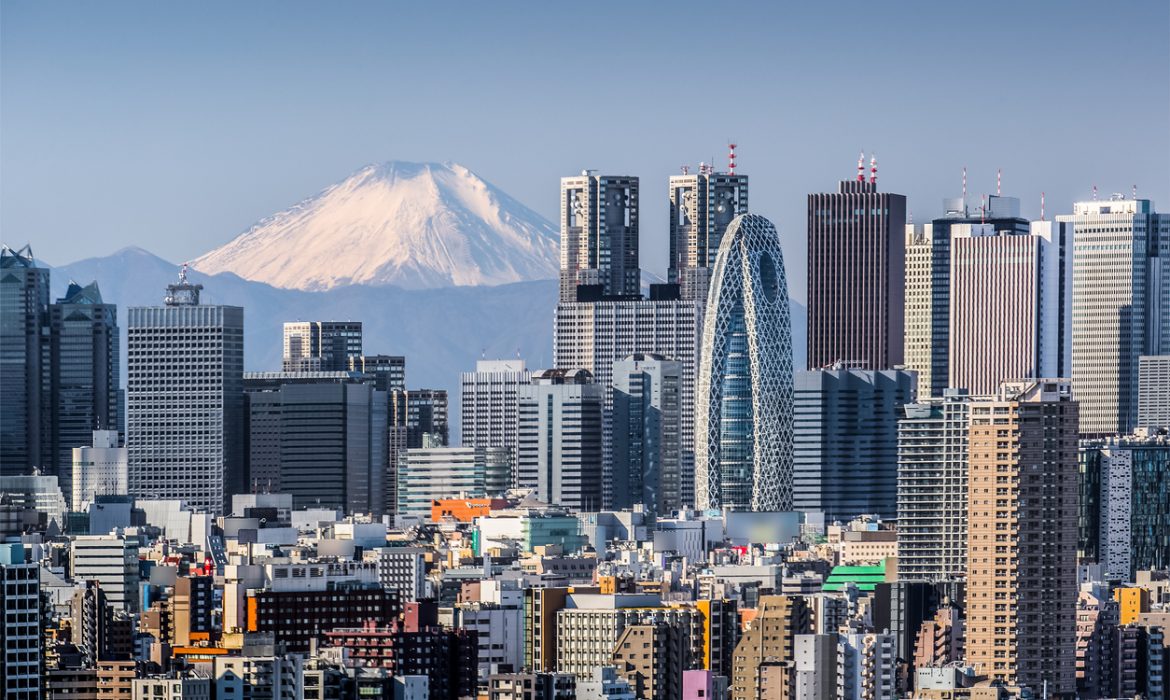Japan said it will exclude people living or vacationing in Tokyo from a subsidised domestic tourism campaign as record numbers of coronavirus infections there sparked concern that the capital’s residents could spread the virus to other parts of the country.
Ministers and a government panel of health experts on Thursday met and agreed to a proposal to narrow down the multibillion dollar “Go To” campaign. Tokyo Governor Yuriko Koike had questioned the economic revival plan’s timing and methods.
The decision highlights the difficulties facing countries around the world over how to balance the need to revive economies battered by the coronavirus while safeguarding public health.
“We agreed that Tokyo should be temporarily removed, but we are not telling people to stay home. Families can still vacation if they are careful and take the proper precautions,” Economy Minister Yasutoshi Nishimura said at a news conference after the meeting.
Japan has not seen the kind of rapid spread of the coronavirus that has killed tens of thousands in other countries. But Tokyo has raised its coronavirus alert to the highest level after a series of new cases.
The city on Thursday reported 286 new cases. Nationwide, the daily tally of infections passed 600, the highest one-day increase in three months, according to public broadcaster NHK.
The government’s top spokesman, Chief Cabinet Secretary Yoshihide Suga, earlier said Japan had 19,000 hospital beds and plenty of medical supplies to cope with the outbreak.
He also noted the devastating economic impact of the coronavirus on Japan’s regions after authorities banned most foreign tourists from entering the country.
“We hope the Go To campaign supports tourism and the food and beverage industry and brings about a social and economic recovery so that the regions can escape this severe situation,” Suga told a news conference.
‘THINK AGAIN’
The campaign, which begins on July 22, will see travellers get subsidies of as much as 50% to boost tourism-reliant economies outside major population areas.
The government is keen to avoid a return to the stay-at-home restrictions that helped contain the virus but hurt the economy, putting it on course to shrink at its fastest pace in decades this fiscal year.
Opposition lawmakers and others, however, have voiced concern that with infections in Tokyo running at their highest level since the outbreak began, city folk could spread the virus through regions that have been relatively lightly impacted.
“I don’t see why it can’t be delayed a bit, or it could be limited to certain regions,” said Ryuta Ibaragi, governor of Okayama in the west of the country, which has had just 29 infections out of Japan’s total tally of 23,000 cases.
Tokyo governor Koike had said on Wednesday: “Based on the current situation with infections, I really want them to think again about the timing and method for implementing” the campaign.
Underscoring the plight of the travel industry, overseas visitors to Japan totalled just under 4 million in the first half of the year, data showed on Wednesday – a tenth of the government’s full-year target of 40 million.






